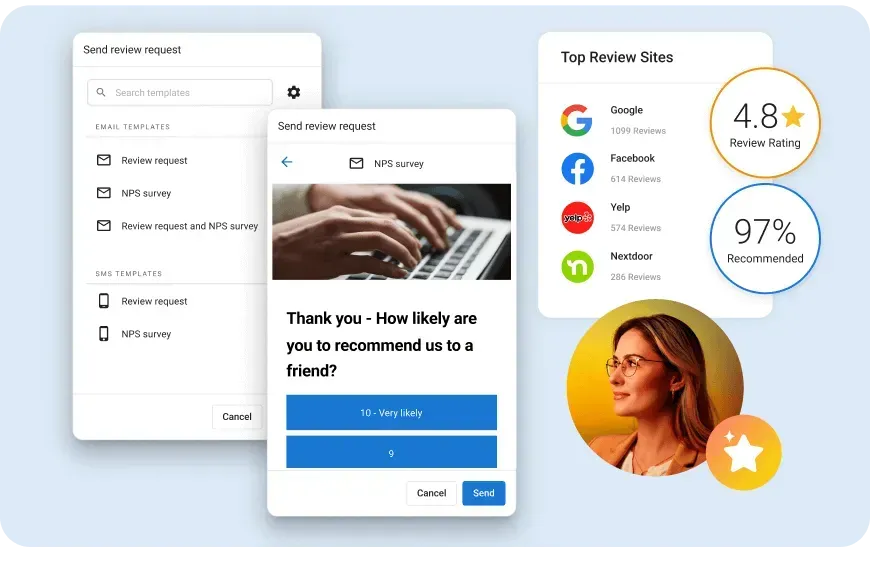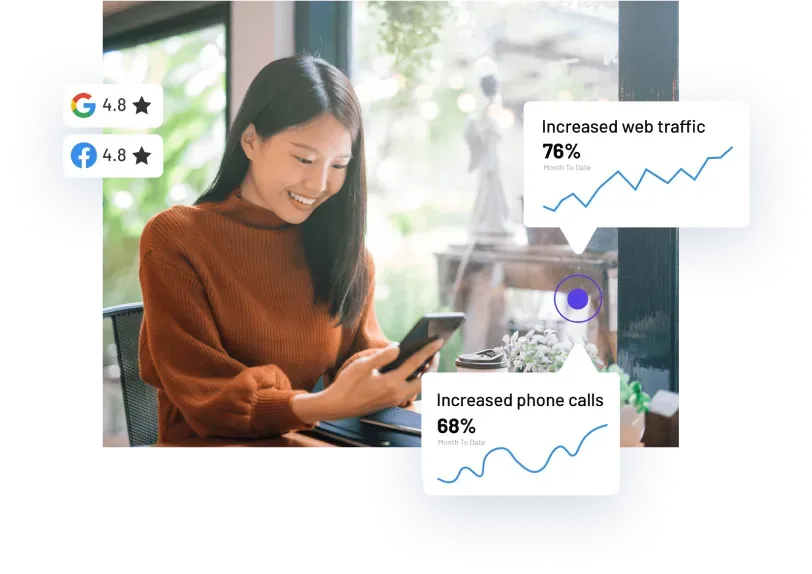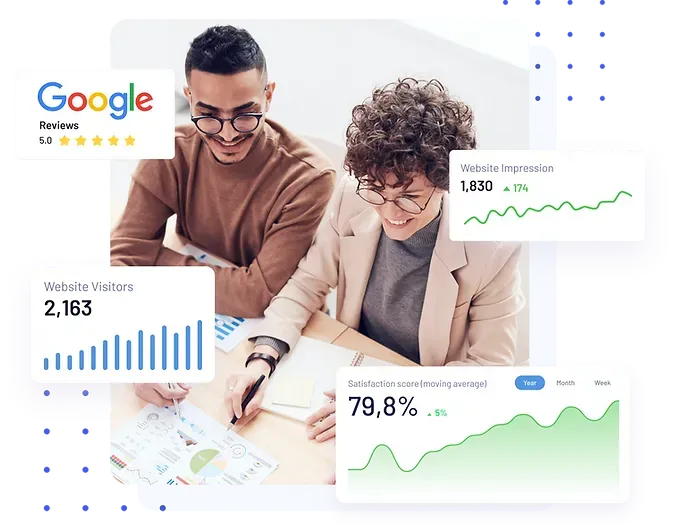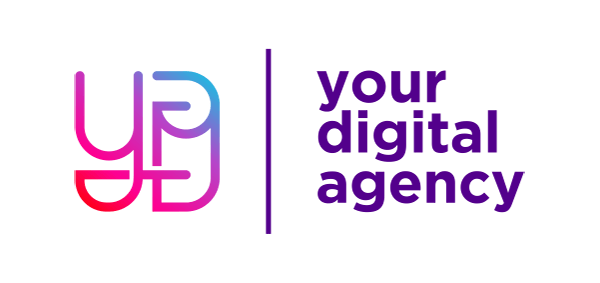MARKETING ONLINE ABC
Common Marketing Terms

If you are new to online marketing, then you should start being aware of the most vital industry terms.
So why not take a look at this ABC of online marketing and start familiarising yourself with these common words and phrases?
A – App Store Optimisation - App store optimisation helps you to get your app noticed on marketplaces like Google Play and iOS App Store, etc.
B – Business to Consumer - B2C means a process wherein the product or service is being marketed directed towards consumers.
C – Content Management System = A CMS is an application which you use to edit and publish your content. Some popular examples of CMS are WordPress and Drupal.
D – Direct Message- DMs are direct messages which enable you to receive and send tailored messages to followers within your demographic target area.
E – Exact Match Domain (EMD) - EMDs are domains which contain the same keywords for which the website is geared to rank.
F – Facebook Ads - Arguably this is the most successful social media marketing medium which you can use for promoting your brand.
G – Google Analytics - This is Google’s tool for maintaining track of your website traffic and statistics.
H – HTML - HTML stands for Hypertext Mark-up Language. It is a standard language which is used for the creating basic structure of websites.
I – Inbound Marketing - Inbound marketing aims to fascinate and convert customers through high-quality content and enhanced brand awareness.
J – JavaScript- JavaScript is a language which is commonly used around the web. It enables client-side scripts and user interaction.
K – Keyword Density - Keyword density refers to the number of times you’ve used your keyword throughout your content. You must avoid ‘keyword stuffing’ in your content.
L – Landing Page - This is where the viewers(your potential customers) will arrive when they visit your website.
M – Month on Month Metrics - This term used when you’re comparing the rise and fall of your metrics and stats per month.
N – News = This isn’t strictly a marketing term, you will need to be updated about the latest news, updates, releases, and progressions in the realm of online marking.
O – Online Reputation Management- By managing your online reputation, you will be able to influence the way your website is viewed by your viewers.
P – PageRank- PageRank is one of the most popular algorithms by Google for taking an estimate of search engine ranking.
Q – Quarter on Quarter Metrics = The term used for comparing growth and reductions in your metrics per quarter.
R – Return on Investment - ROI is a technique of calculating how effective your investment has been on your goals.
S – Search Engine Optimisation - Popularly known as SEO, it is a method of improving your visibility in searches and achieving higher rankings.
T – Twitter- Twitter is yet another social network which is popular for micro-blogging.
U – User Experience- This term is with reference to the focus on the design and ease of use meant for consumer’s benefit.
V – Vine - A social network wherein you can share short videos.
W – WordPress- The most popular CMS for editing and publishing blogs and websites.
X – XML- XML refers to Extensive Mark-up Language, which is usually used for structured data.
Y – Year on Year Metrics- The term used for comparing your metrics per annum.
Z – Zapier - Zapier is an automation tool that which lets your apps talk to interact with each other. It connects APIs for more than 500 apps. Through Zapier, the users can also create private integrations for themselves.
Did this ABC of online marketing help you to understand the basics? Then Your Digital Agency has much more in store for you. Look at our services to see how we can help you grow your business!

Your customers are already talking. The question is—are you in the conversation? With our Business App + AI tools, you can finally take control of your online reputation without losing hours of your day. It’s smart, simple, and built for small business owners who want to grow (without the grind). Best of all, you can start FREE. Sign up here

Throughout this guide, we've explored how startups can use digital marketing to not only compete but excel, without the need for large budgets. From the targeted precision of email marketing to the expansive reach of social media, these tools provide a foundation for robust online engagement. Google's suite of tools enhances visibility and insights, while content marketing establishes your brand's authority and connects deeply with your audience.

In the fast-paced world of customer service, AI-powered chatbots are making significant strides, enhancing the way businesses interact with their customers. These tools are reshaping customer engagement, offering solutions that are immediate and increasingly personalized. Yet, one might wonder, can a machine truly understand and adapt to the diverse needs of customers?

Have you ever wondered how the simple act of speaking to a device could fill your shopping cart? Voice-activated shopping is a rapidly growing trend that's reshaping how we buy. With 27.4% of consumers already using intelligent assistants for their purchases, it's clear that this technology is establishing a significant presence.

This article explores the essential strategies for building and nurturing an online community that aligns with your brand’s values and business goals. How do you identify the right audience, and what platforms best host your budding community? These questions are pivotal as we explore the art of community engagement.

This guide explores practical strategies for safeguarding and enhancing your brand's reputation, ensuring it remains resilient against the ever-changing digital backdrop. What role does social media play in shaping how potential clients see you, and how can you turn sustainability into a compelling narrative for your audience?

Have you ever wondered why we often check online reviews before buying a product or choosing a restaurant? This behaviour is rooted in the concept of social proof, a psychological phenomenon where people assume the actions of others reflect correct behaviour for a given situation. In digital marketing, harnessing this powerful tool can significantly enhance your brand's credibility and influence consumer decisions. But how exactly can you leverage social proof to meet and exceed your marketing goals?



















